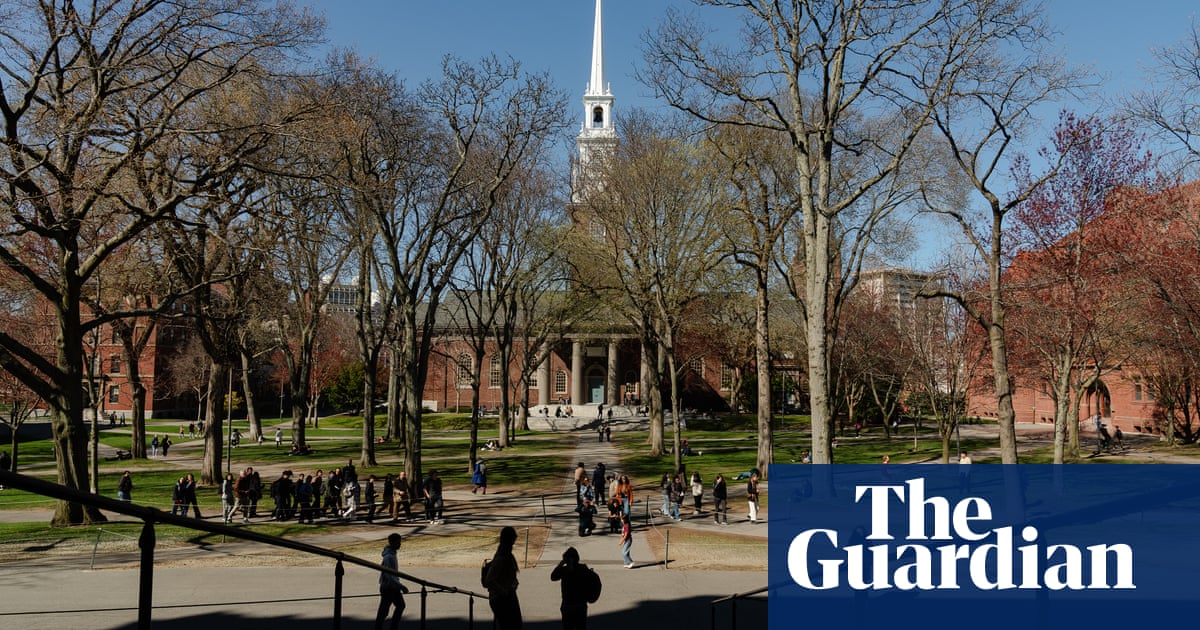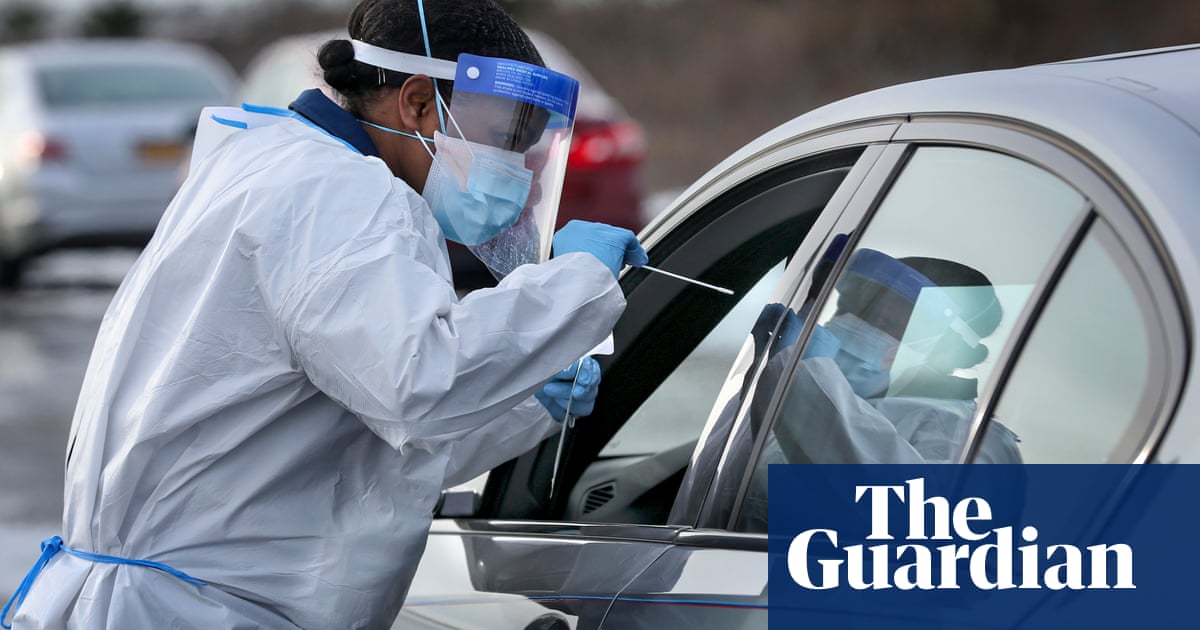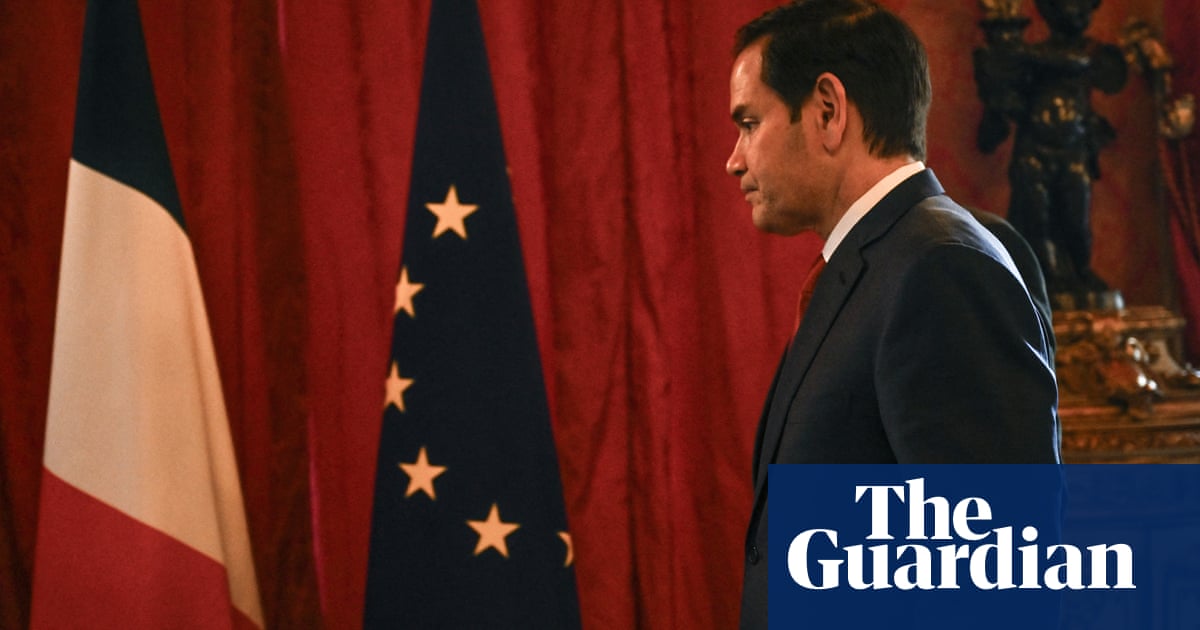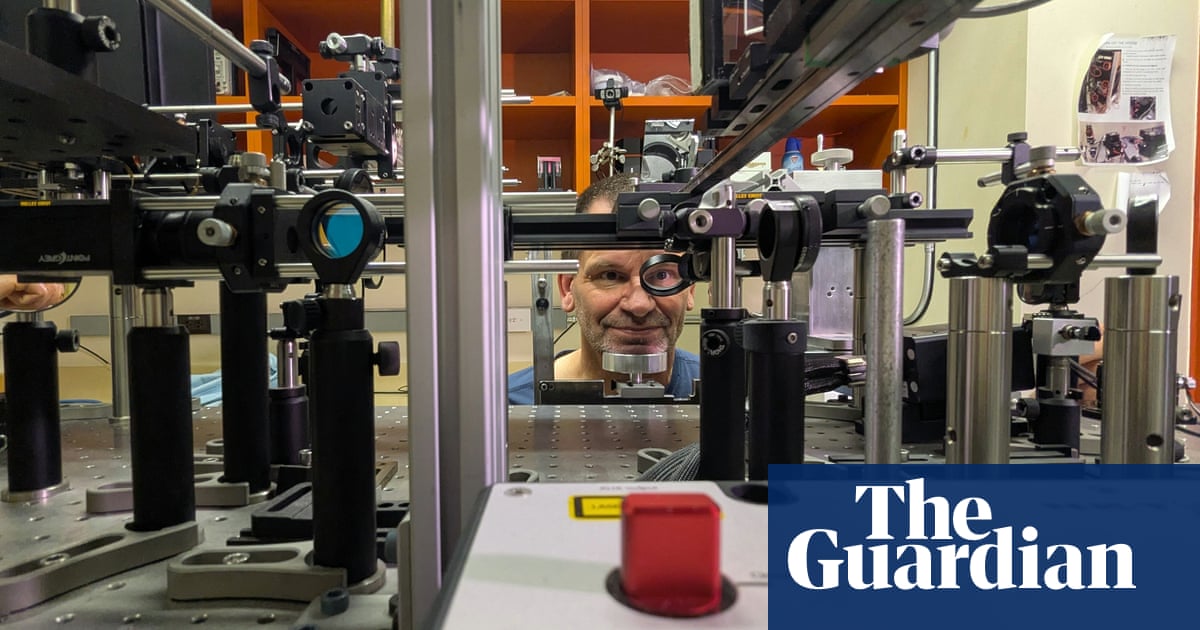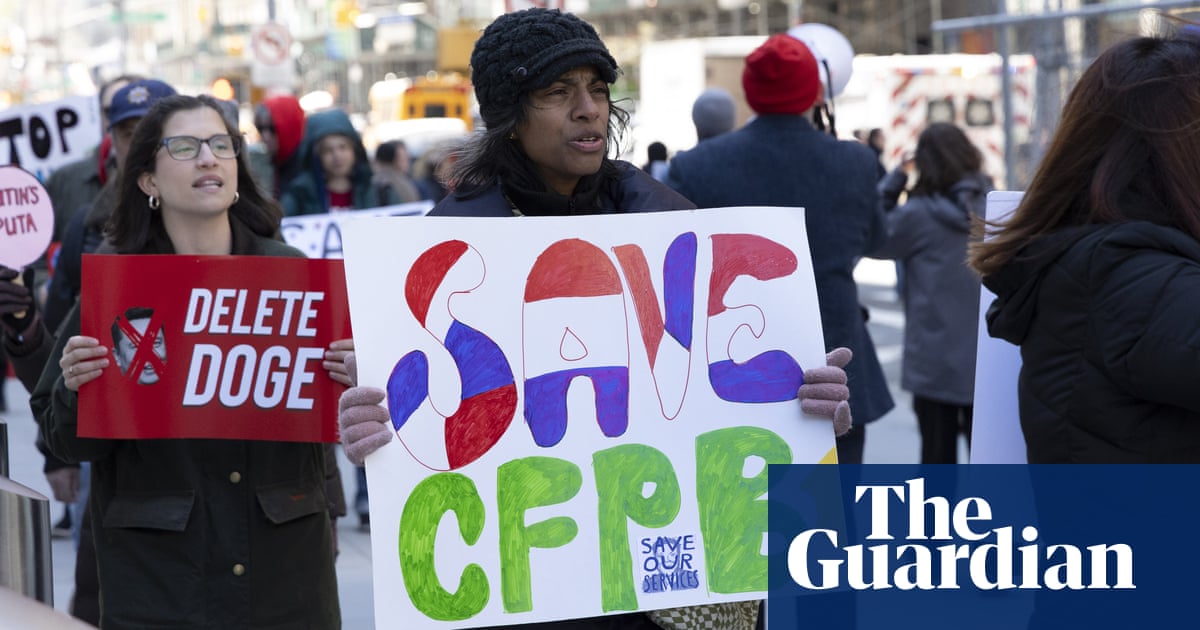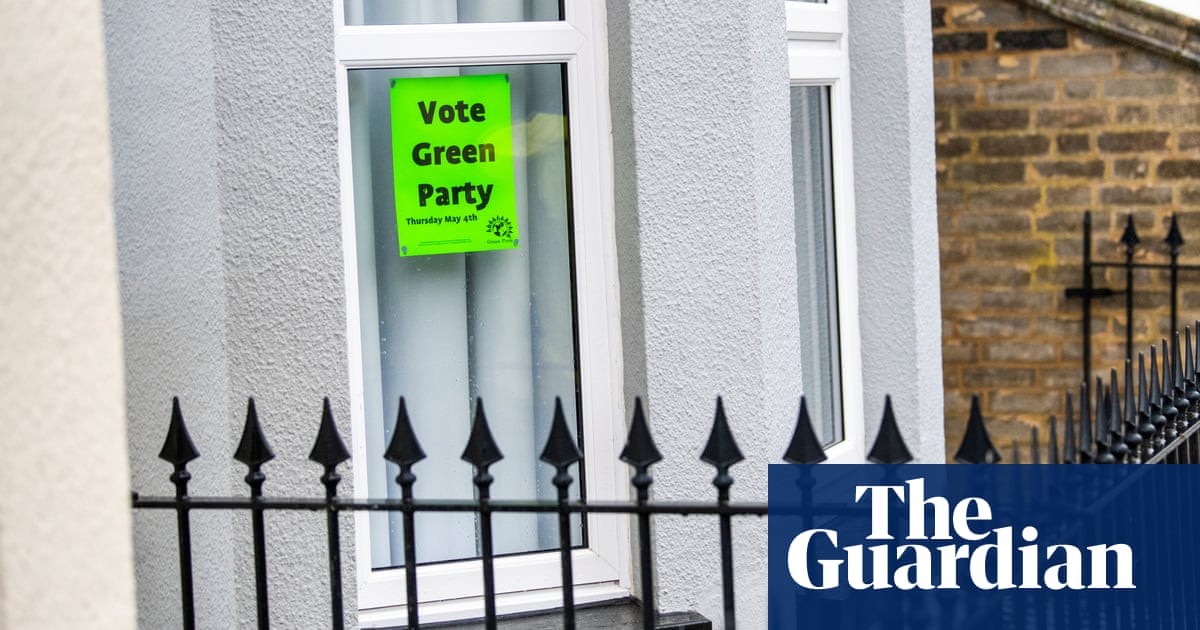The British and French governments are involved in early talks about a returns agreement that would involve both countries exchanging people seeking asylum.
Officials have discussed a pilot scheme under which a small number of people who come across the Channel to the UK by irregular means would be sent back to France.
The UK would look to accept from France a limited number of people who have a right to be in Britain, especially those with a case for family reunification.
Home Office insiders have described the talks, first reported in the Financial Times, as positive.
Keir Starmer’s government has been under pressure to come up with a breakthrough after an increase in the number of small boat arrivals this year compared with the last. The threat of Nigel Farage’s Reform party, which has been critical of Labour’s progress on immigration, is occupying political strategists in No 10.
A Home Office spokesperson said the government was “intensifying” its collaboration with France and other European countries.
Asked about the arrangement, the transport minister Lilian Greenwood said on Wednesday there were “discussions ongoing with the French government”, but did not say what a future deal could look like.
She told Sky News: “It’s not a short-term issue. This is going to take really hard work to tackle those organised gangs that are preying on people, putting their lives in danger as they try to cross the Channel to the UK.
“Of course, that’s going to involve conversations with our counterparts on the European continent.”
Pressed on the returns agreement, Greenwood said: “I can confirm that there are discussions ongoing with the French government about how we stop this appalling and dangerous trade in people that’s happening across the English Channel.”
Before coming to power, Starmer said he would look to reach a returns agreement with the EU, but no such deal has yet materialised.
Starmer is keen to convince voters he has a plan to tackle irregular migration to Britain and “smash the gangs” involved in transporting asylum seekers across the Channel in small boats, as he seeks to fend off the electoral threat posed by the populist Reform UK party.
Small boat crossings across the Channel are at record levels, with almost 8,200 people having made the journey to the UK since the start of the year, up 30% compared with the same period last year.
Before Brexit, the UK was a party to the EU’s Dublin regulation, under which people should be processed for asylum in the country at which they first entered the bloc.
However, many EU countries where people first arrive, such as Italy, do not apply the Dublin rules.
The UK and France already have an extensive border control partnership called the Le Touquet agreement, under which the UK has agreed to pay France between 2023 and 2026 in exchange for more intense police monitoring of the Channel.
The former Conservative home secretary Suella Braverman failed in 2022 in an attempt to strike a returns agreement with France.
A Home Office spokesperson said: “The prime minister and home secretary have been clear the UK and France must work closely together to prevent dangerous small boat crossings, particularly on vital law enforcement cooperation.
“We have already secured agreement from the French to deploy a new elite unit of officers at the coast, launch a specialist intelligence unit, increase police numbers and introduce new powers for the French authorities to intervene in shallow waters.
“We are intensifying our collaboration with France and other European countries who face the same challenges by exploring fresh and innovative measures to dismantle the business models of the criminal smuggling gangs.”

.png) 2 days ago
10
2 days ago
10





